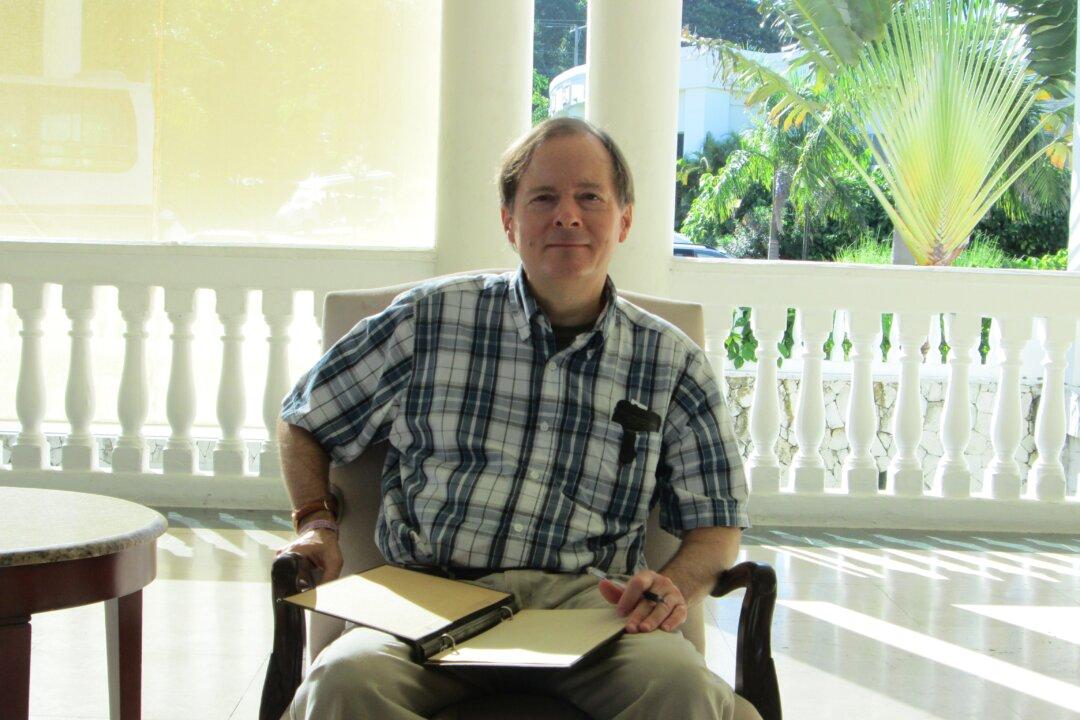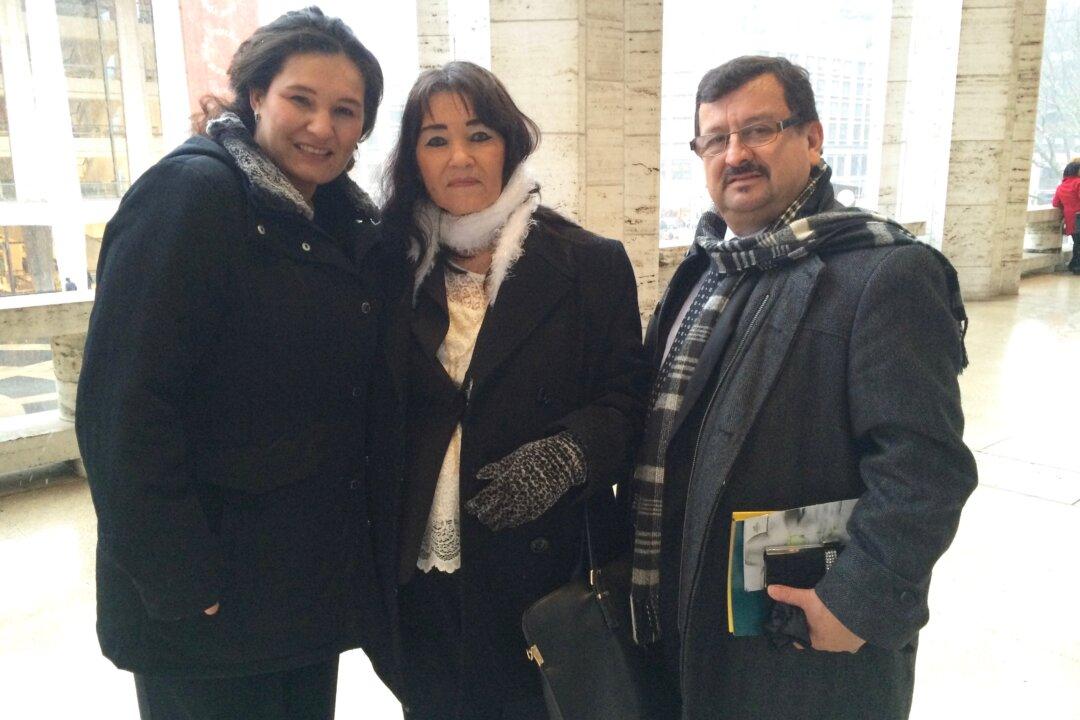William Ruleman is helping lead the revival of classical poetry. In addition to serving on the Board of the Society of Classical Poets, he has been a professor of English at Tennessee Wesleyan College for 22 years and specializes in the poetry of William Butler Yeats. His first two books of poetry were published by Feather Books of Shrewsbury, England, and his translations of Stefan Zweig’s (1881–1942) early novellas and stories appeared in 2010 from Ariadne Press.
Kristina Pentchoukova: What attracts you to the poetry of William Butler Yeats?
William Ruleman: There’s just so much rich, deep feeling in his poetry, and there’s a great deal of wisdom too. It’s wisdom born out of experience and pain and struggle. He talks in one of his later poems about the “foul rag and bone shop of the heart.” That is where all of his poetry comes from; it comes from deep pain, it comes from agony, and he takes the unhappy experiences in his life and transforms them into something beautiful. He’s just a wonderful poet.






